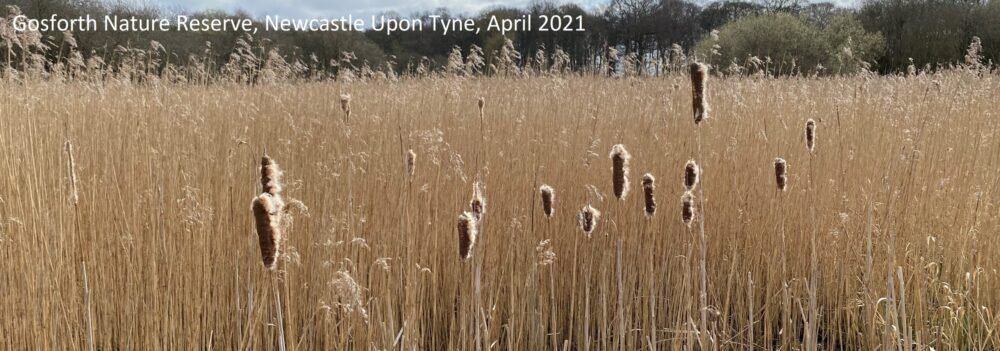The Ecology MRes at Newcastle University is for graduates in the field of environmental, conservation, restoration, biodiversity and related sciences. We have developed this degree programme to allow students to gain critical skills required in the national and international environmental management and wildlife conservation sectors.

‘We want students to benefit from the wealth of expertise in SNES here in beautiful Newcastle. We want to give them the skillset they need for their futures whilst allowing them plenty of time to do the research they want to be involved in. Previous students have joined us in Tanzania to study crop health, in Brunei Darussalam to study effects of roads on rainforest mammals, in the UK to study freshwater invertebrates and use drones mapping peatlands.’
Prof Marion Pfeifer. Head of TROPS lab. Degree Programme Co-Director
The taught element (60 credits), selecting from several options with the help of the programme director, allows you to develop the conceptual understanding underpinning the conservation, restoration and environmental management sectors and to develop key analytical skills (including spatial analyses, remote sensing for conservation sciences, data visualisation and analyses) increasingly required for further academic study, or research-focused industry roles.
The dissertation component (120 credits) with the selection of a project of interest being led by the student, will take up the majority of your focus. It will allow you to apply the skills you acquired and expand them rapidly, whilst delivering a project of impacts (e.g. an NGO you already work with would like an answer to an urgent research question, or you want to get a foot in the door of doing animal movement sciences with a conservation angle, or you want to find sustainable solutions to managing crop production landscapes for biodiversity and food security).
